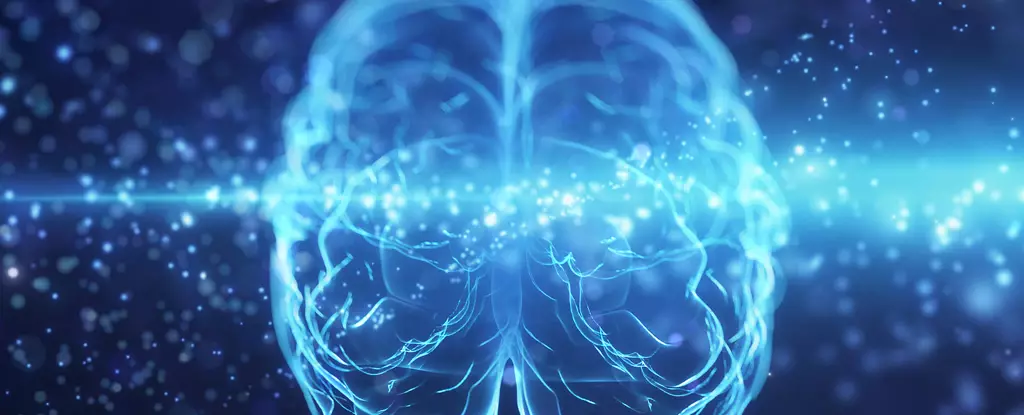The skepticism surrounding artificial intelligence (AI) in the creative realms of storytelling and filmmaking is palpable. However, this critical lens must not overshadow the significant strides AI is making within the sphere of healthcare, particularly in neurology. Recent findings from a study led by researchers at the University of Cambridge challenge preconceived notions about AI capabilities by showcasing its prowess in predicting the progression of Alzheimer’s disease. As debilitating as dementia can be, understanding its development is paramount in devising effective treatment strategies and providing timely interventions.
The study reveals a groundbreaking method through which AI can outperform traditional clinical evaluations. By utilizing machine learning algorithms, researchers trained these systems on extensive datasets comprising cognitive assessment results and magnetic resonance imaging (MRI) scans from 410 individuals. This innovative approach allowed the AI to discern inherent patterns between cognitive performance and brain structure, particularly the critical gray matter, known for its role in information processing and cognitive functioning.
Senior author Zoe Kourtzi, a cognitive computational neuroscientist, emphasizes that the findings represent a significant advancement. “Our tool showcases heightened sensitivity compared to existing diagnostic methods. It can foresee whether an individual will transition from mild cognitive symptoms to full-blown Alzheimer’s and predict the speed of that progression,” Kourtzi notes. This nuanced understanding of cognitive decline may revolutionize how healthcare professionals approach early Alzheimer’s detection.
A Marked Improvement in Predictive Accuracy
The research’s statistical evidence is compelling. In a testing phase involving 1,486 individuals outside the initial training set, the AI demonstrated an 82% accuracy rate in identifying those likely to progress to Alzheimer’s within three years. Additionally, it accurately flagged individuals who would not develop the disease at an 81% rate. These figures are remarkable, representing nearly triple the predictive accuracy of conventional assessments.
Furthermore, the AI’s capacity to determine the trajectory of dementia progression could aid clinicians in stratifying patients for emerging treatments. Knowing how rapidly the disease may advance empowers doctors to make informed decisions about therapeutic interventions, thereby personalizing care and optimizing outcomes for patients.
Real-World Application and Feasibility
One of the tangible advantages of this AI-driven methodology is its practicality. Kourtzi underscores that the data set utilized was gathered from actual memory clinics, making the results applicable to everyday clinical settings. This focus on realistic data collection enhances the likelihood that AI tools can seamlessly integrate into existing healthcare infrastructures. In an environment where medical resources are increasingly constrained, the affordability and non-invasiveness of this approach cannot be overstated.
Importantly, AI can also play a role in alleviating anxiety for patients exhibiting early signs of memory loss. By effectively identifying those at minimal risk for Alzheimer’s, healthcare providers can furnish peace of mind to concerned individuals, thereby preventing the psychological burden that often accompanies cognitive decline.
Commenting on the implications of these findings, psychiatrist Ben Underwood reflects on the potential for AI to serve as both a diagnostic adjunct and a research facilitator. “Reducing uncertainty surrounding Alzheimer’s can be transformative, especially as we explore new treatments,” he asserts. As the healthcare community anticipates novel therapies, the ability to leverage existing data for predictive insights becomes increasingly vital.
Ultimately, while the notion of AI conjures images of robots and automation, the technology’s true strength may lie in its capacity to enhance human expertise in healthcare. As AI develops further, its applications in medical diagnostics will likely expand, aiding in the fight against diseases that have long eluded comprehensive understanding. The marriage of cognitive neuroscience and AI is not just a passing trend but a pivotal shift in how we conceptualize disease management, edged toward a future rich with hope and promise for individuals grappling with Alzheimer’s and other dementias.


Leave a Reply